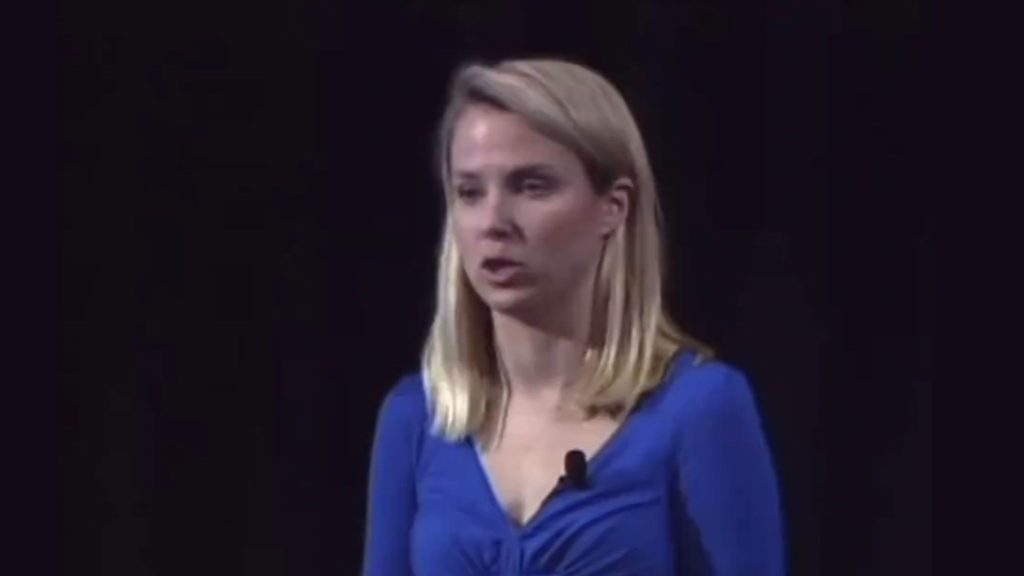
Rumble Finds Video of Google Exec Admitting to Search Engine Bias
Marissa Mayer’s candid revelation on Google’s self-preferencing practices may become a pivotal piece of evidence in Rumble’s antitrust lawsuit.

Marissa Mayer’s candid revelation on Google’s self-preferencing practices may become a pivotal piece of evidence in Rumble’s antitrust lawsuit.
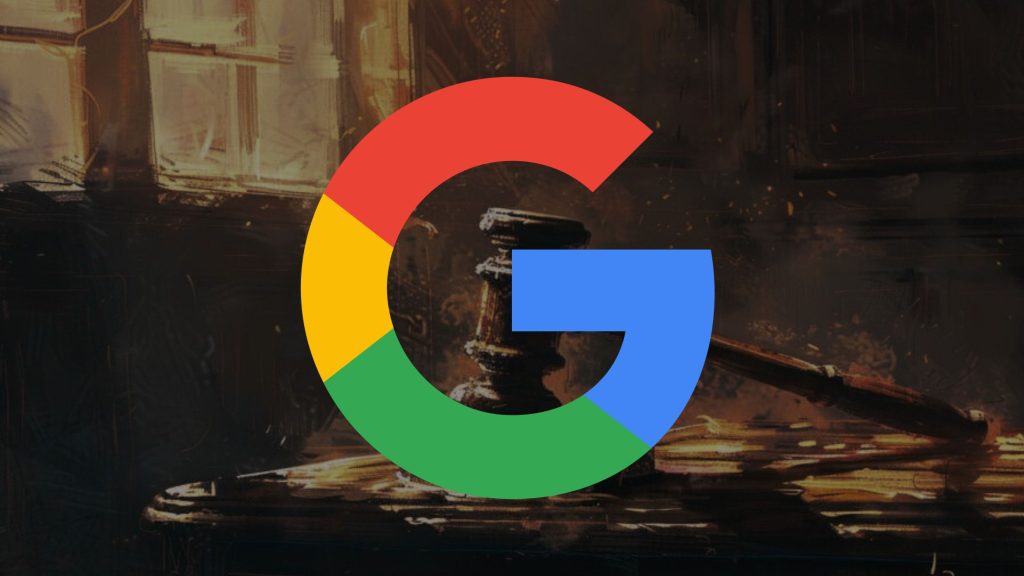
The decision could benefit Google by sidestepping a jury’s potentially diverse perspective on complex antitrust issues.

Also some content about “sensitive events.”
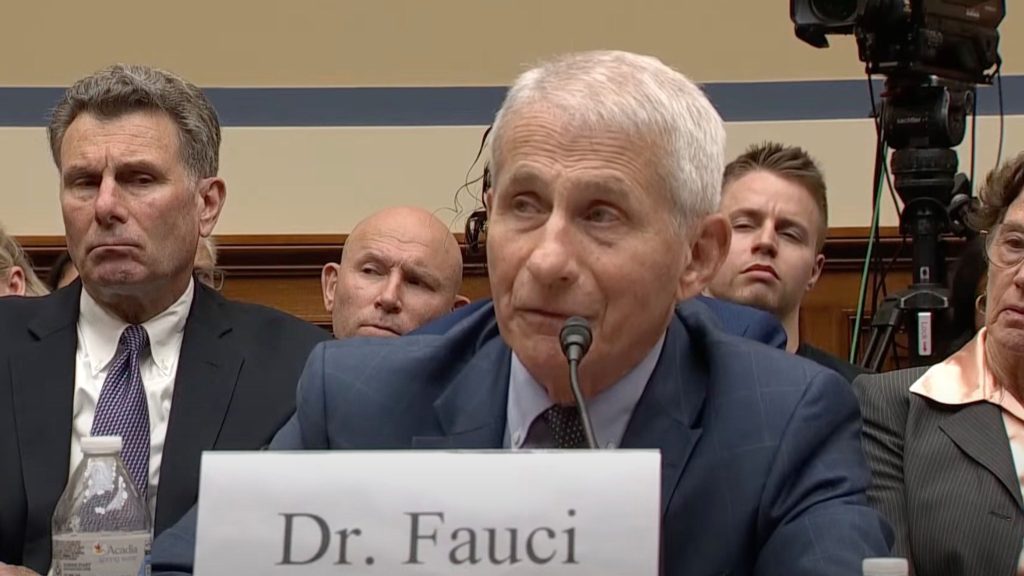
Accusations include the use of private emails and potential unlawful deletion of critical communications.
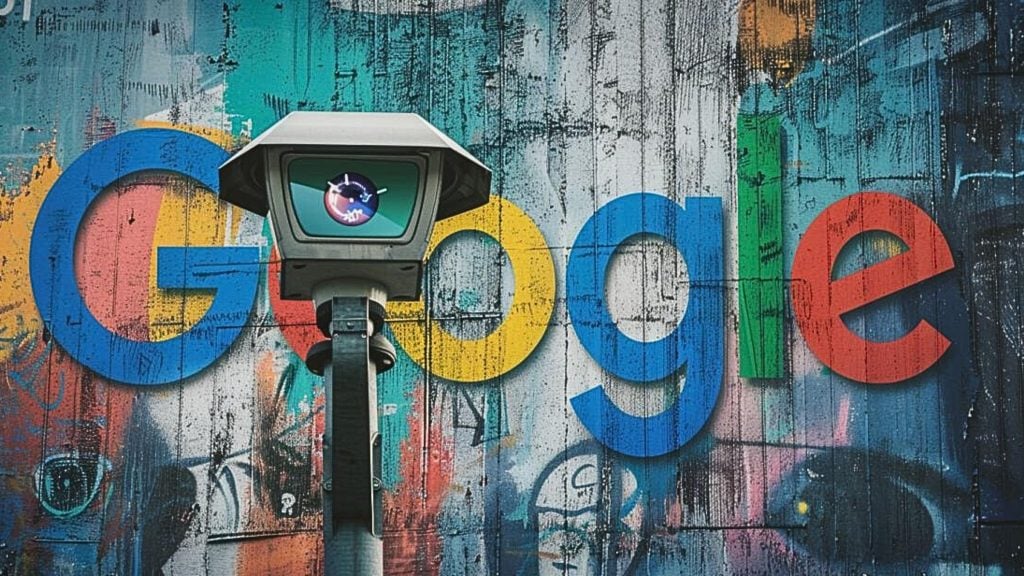
Thousands of internal reports reveal mishandling of sensitive data, including audio recordings of children on YouTube Kids and exposed addresses on Waze.

The tech giant’s new measures aim to combat “misinformation” but raise concerns over increased censorship and control.
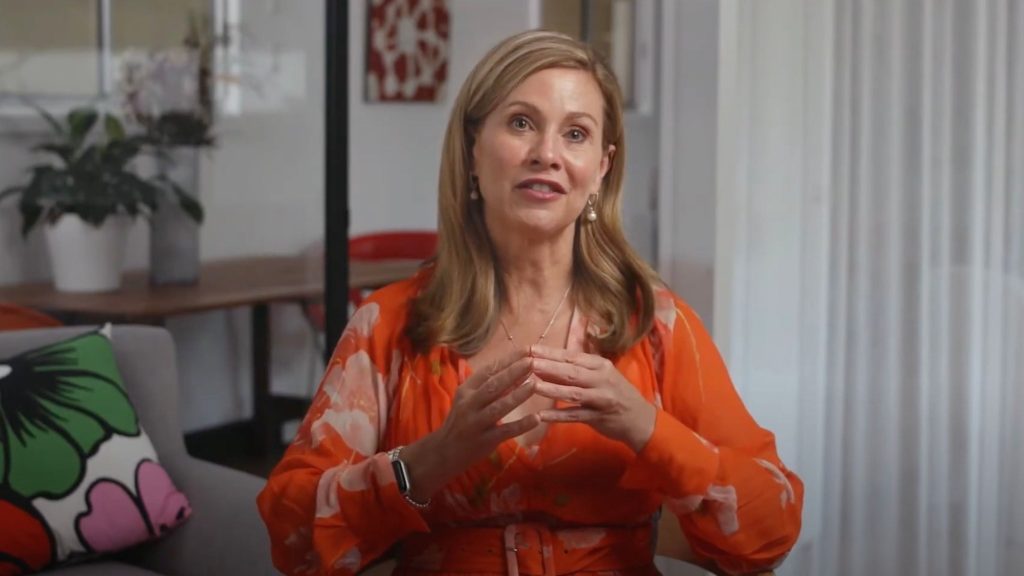
Critics warn of overreach as authorities push for app bans and tighter age verification, sparking censorship concerns.
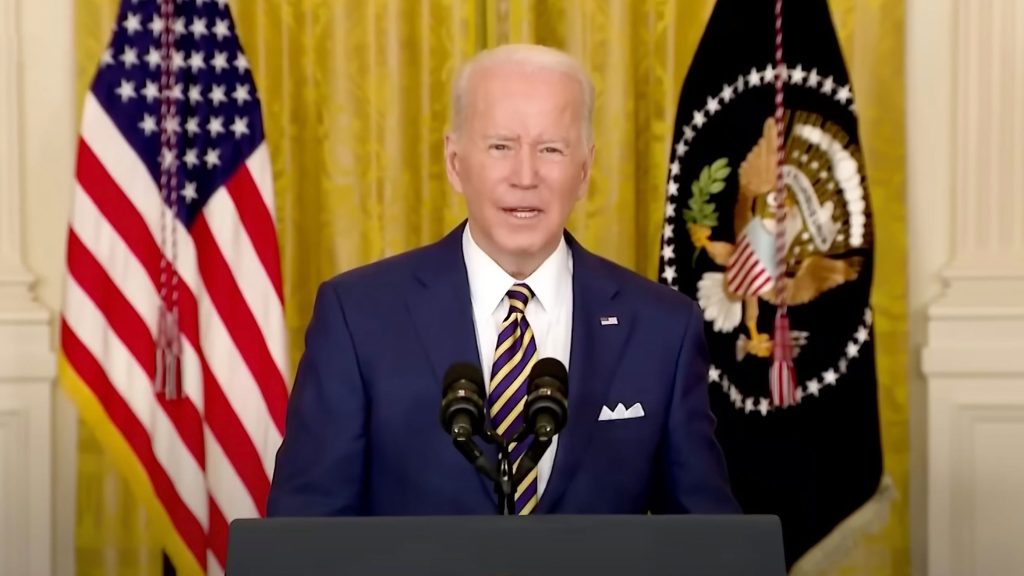
On-device surveillance proposals stir debate over privacy rights and the future of digital content monitoring.

Digital ID could undermine online anonymity and free speech.
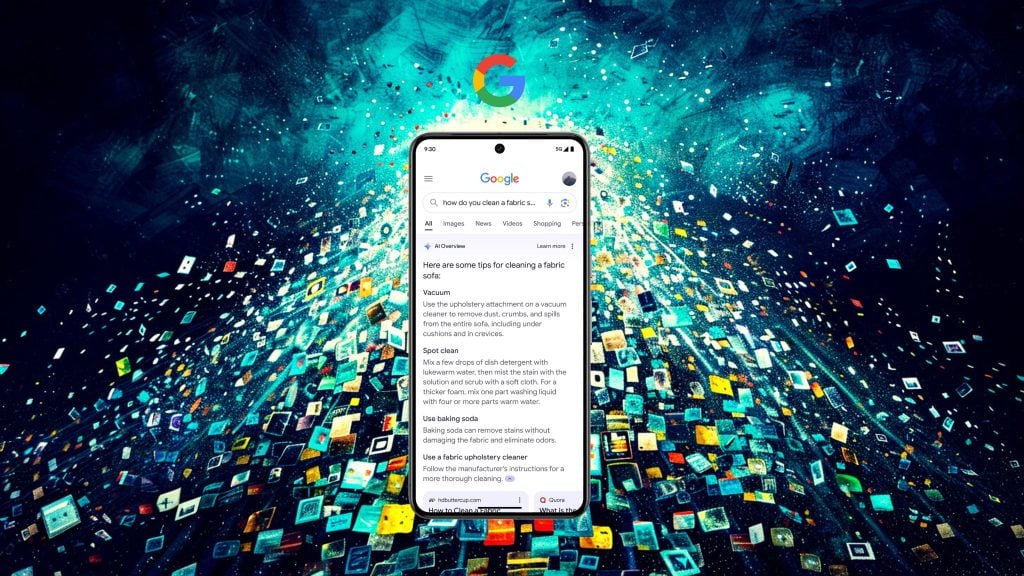
As Google tightens its grip on web content with AI-driven summaries, concerns about monopolistic control and diminished content variety grow.

Joining forces with FUTO, Immich boosts its anti-centralization mission, promising enhanced privacy features and an upcoming cloud-hosted option in the battle against Google Photos.

A new slippery slope.

YouTube amps up its election role in the EU, blending voter information with a robust crackdown on what it deems misinformation. What could possibly go wrong?

Rumble escalates its battle against Google with a groundbreaking $1 billion lawsuit, challenging the tech giant’s alleged monopolistic maneuvers in the ad tech landscape.

Rumble vs. Russia: The video platform is blocked for refusing censorship, raising questions about other tech giants’ compliance.

The health insurer’s data leak underscores the growing concern over healthcare organizations’ use of third-party tracking technology and the potential risks to patient privacy.

TSA’s push for biometric technology and digital IDs with Big Tech aims to streamline airport security, but raises concerns over passenger privacy and government surveillance.
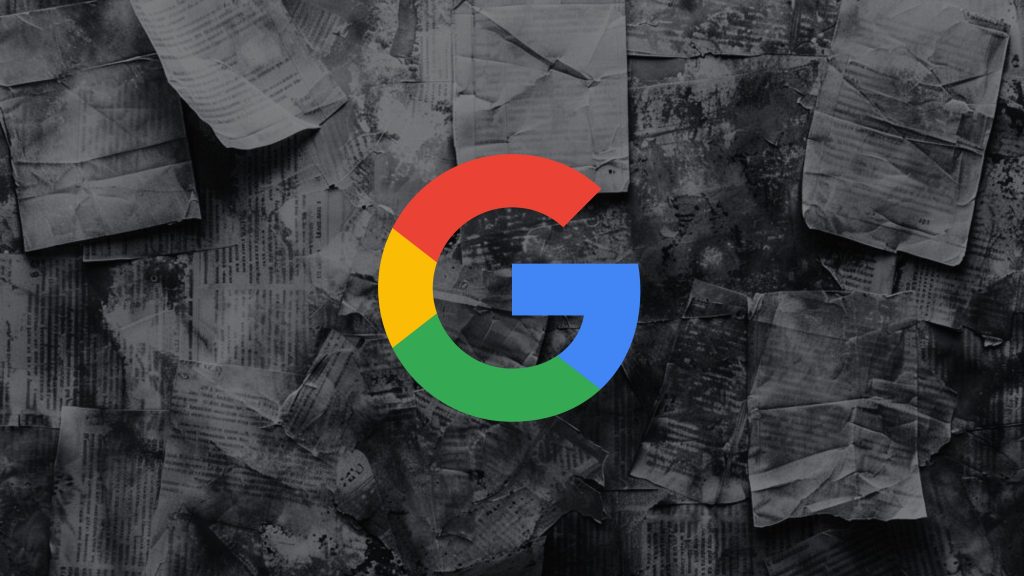
The magazine was reportedly told to avoid the topic or face demonetization.

More specifics on the wide-reaching demands.

YouTube has a plan to remove and suppress some content, and boost what it decides are “authoritative” sources.

Jesse Ehrenfeld calls for online censorship.

A massively overreaching and broad order.

Seemingly algorithmic censorship pressure.

The group admits that age verification may require “collection of new personal data such as facial imagery or government-issued ID.”

Marissa Mayer’s candid revelation on Google’s self-preferencing practices may become a pivotal piece of evidence in Rumble’s antitrust lawsuit.

The decision could benefit Google by sidestepping a jury’s potentially diverse perspective on complex antitrust issues.

Also some content about “sensitive events.”

Accusations include the use of private emails and potential unlawful deletion of critical communications.

Thousands of internal reports reveal mishandling of sensitive data, including audio recordings of children on YouTube Kids and exposed addresses on Waze.

The tech giant’s new measures aim to combat “misinformation” but raise concerns over increased censorship and control.

Critics warn of overreach as authorities push for app bans and tighter age verification, sparking censorship concerns.

On-device surveillance proposals stir debate over privacy rights and the future of digital content monitoring.

Digital ID could undermine online anonymity and free speech.

As Google tightens its grip on web content with AI-driven summaries, concerns about monopolistic control and diminished content variety grow.

Joining forces with FUTO, Immich boosts its anti-centralization mission, promising enhanced privacy features and an upcoming cloud-hosted option in the battle against Google Photos.

A new slippery slope.

YouTube amps up its election role in the EU, blending voter information with a robust crackdown on what it deems misinformation. What could possibly go wrong?

Rumble escalates its battle against Google with a groundbreaking $1 billion lawsuit, challenging the tech giant’s alleged monopolistic maneuvers in the ad tech landscape.

Rumble vs. Russia: The video platform is blocked for refusing censorship, raising questions about other tech giants’ compliance.

The health insurer’s data leak underscores the growing concern over healthcare organizations’ use of third-party tracking technology and the potential risks to patient privacy.

TSA’s push for biometric technology and digital IDs with Big Tech aims to streamline airport security, but raises concerns over passenger privacy and government surveillance.

The magazine was reportedly told to avoid the topic or face demonetization.

More specifics on the wide-reaching demands.

YouTube has a plan to remove and suppress some content, and boost what it decides are “authoritative” sources.

Jesse Ehrenfeld calls for online censorship.

A massively overreaching and broad order.

Seemingly algorithmic censorship pressure.

The group admits that age verification may require “collection of new personal data such as facial imagery or government-issued ID.”